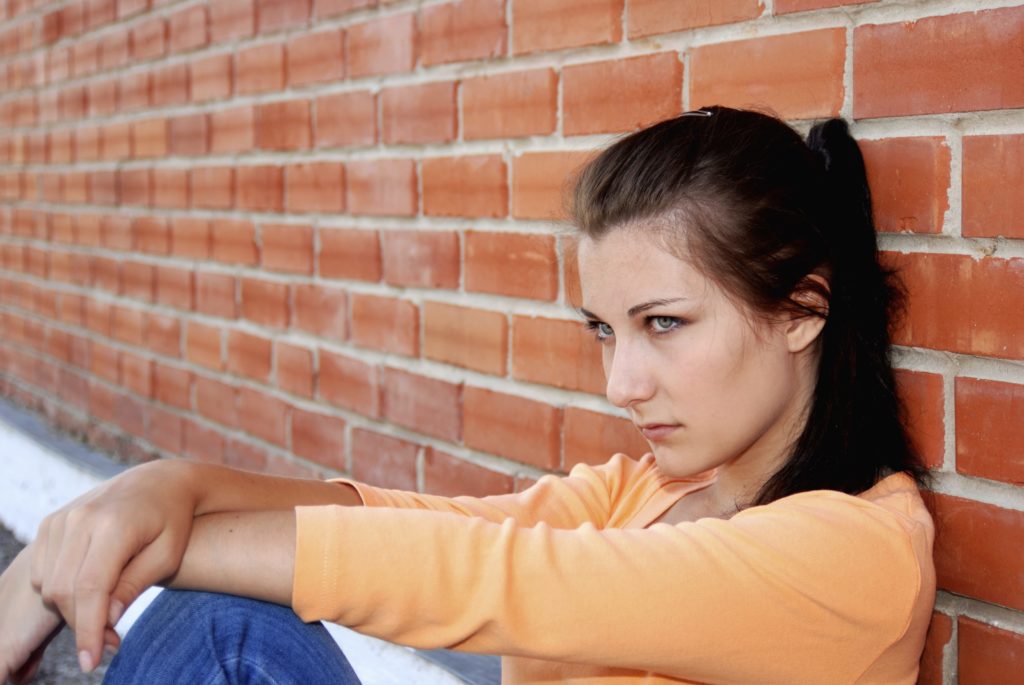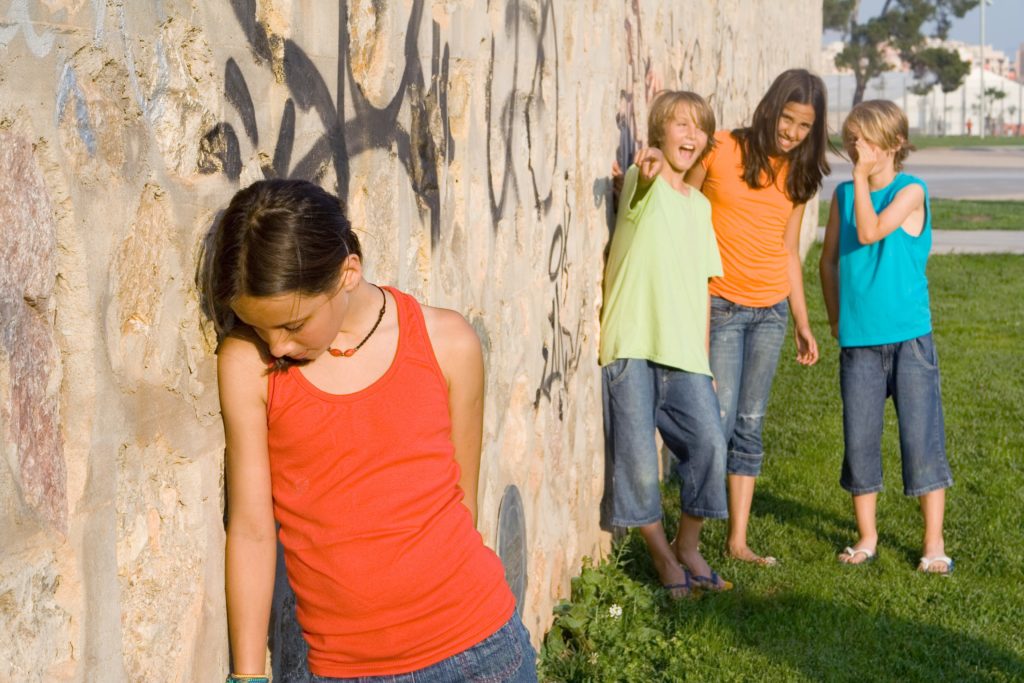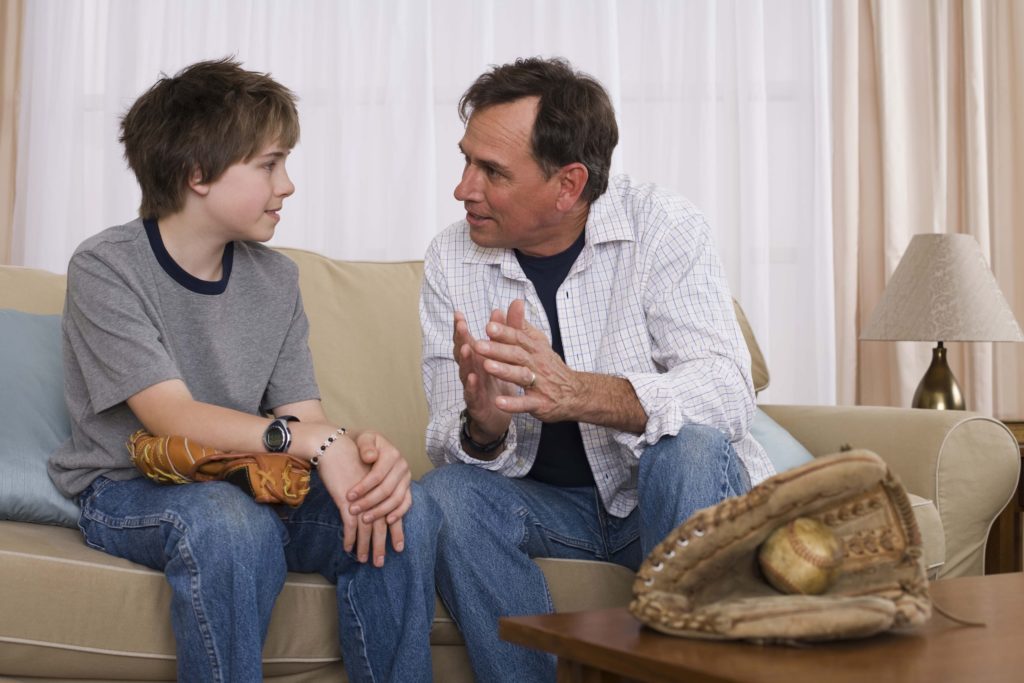According to a 2010 Centers for Disease Control (CDC) report, 9 percent of American adults will experience clinically diagnosable depression during any particular 12-month period. Like most studies on depression, this one did not include a breakdown based on sexual preference or gender identity. But previous studies in the United States and Great Britain indicate an elevated risk of about 50 percent for members of the LGBT community. One older study, published in the Archives of General Psychiatry in 1999, found lifetime rates of major depression surpassed 71 percent for gay, lesbian and bisexual men and women, as compared to just 38.2 percent for heterosexuals. In addition, a 2012 study found that 6 percent of gay men had attempted suicide at some point in their lives while only 1 percent of heterosexual men had done so, a statistic that is undoubtedly related to the prevalence of depression among this demographic group. Mental health researchers have identified a number of factors that may predispose LGBT individuals to suffer from depression. These include:
- The experience of discrimination or prejudice
- Becoming a victim of a physical or verbal assault
- Internalization of social stigmas leading to guilt or self-hatred
- Rejection from family members, friends or peers after the truth is revealed
- The anticipation of rejection or prejudice
- A fear of public exposure among those who have chosen to keep their sexual preference private
- Exposure to anti-gay sentiment expressed openly in public settings or on the Internet
- Anxiety disorders and substance abuse (rates of each are higher than average in the LGBT community), both of which can act as gateways for depression
All of these factors are potentially significant, and the combination of experiences that causes a particular person to plunge into a state of depression will obviously vary. But there is a hidden aspect at work in all of these triggers for depression, and that is age of exposure.
An Epidemic of Abuse
For most LGBT individuals, their initial confrontations with stress, harassment, rejection and self-doubt come during their adolescent years. This is a vulnerable time of life for human beings as it is, but young people sorting through questions of sexual orientation or gender identity often face additional difficulties and challenges. In an ideal world, it wouldn’t be this way. In some cases it isn’t, since many young people have good social support systems in place, composed of people they can count on to stand by them through good times and bad. But many LGBT kids aren’t sure they can trust—or know for a fact they can’t trust—their friends, family members, teachers and peers to be kind, helpful and understanding. What many LGBT youth experience when the truth comes out is, in a word, awful. For the terrible crime of not belonging to the majority in just in one area of their lives, too many young gay, lesbian, bisexual and transgender adolescents are treated abusively and disrespectfully, which naturally does enormous damage to their self-esteem. According to a 2009 study, 80 percent of LGBT youth in the 13-to-18 age range will be verbally abused, 40 percent will be physically harassed and 20 percent will be physically assaulted on school grounds at some point during their middle school or high school years. LGBT adolescents have a suicide attempt rate twice as high as heterosexual youth, and young LGBT adults who experienced teenage parental rejection are eight times as likely to attempt suicide as their non-LGBT peers. Broken family relations are a problem for many kids who come out as gay, lesbian, bisexual or transgender, and this is reflected in the fact that 40 percent of all homeless adolescents identify themselves as belonging to this demographic group. Given this background, it is hardly surprising to learn that so many LGBT adults struggle with depression. Research into the link between teen and adult depression in gays, lesbians, bisexuals and transgender people is lacking, but even if the depression doesn’t start during adolescence, it is undoubtedly the traumatic events so many experience in these years that set the stage for later emotional problems. Human beings who suffer abuse often experience delayed reactions that manifest in troubling emotional symptoms years later. Since the life experiences that lead to depression tend to accumulate over time, this is a disease that clearly has its roots in the suffering of the past.
When Depression Threatens, Help Is Always Available
Teens who experience bullying and abuse because of their sexual preference or gender identity suffer terribly in the moment. That suffering can be perpetuated well into the future if they don’t receive the assistance they need when they are still young and the memories are still fresh. Psychological counseling can make a huge difference in the lives of LGBT adolescents who encounter harassment and rejection, and family members and others who truly care about their welfare should do whatever they can to ensure these vulnerable young people have access to the expert advice and guidance they need. In almost every instance and at any stage of life, depression is preventable or curable if steps are taken early enough to make the decisive difference.






